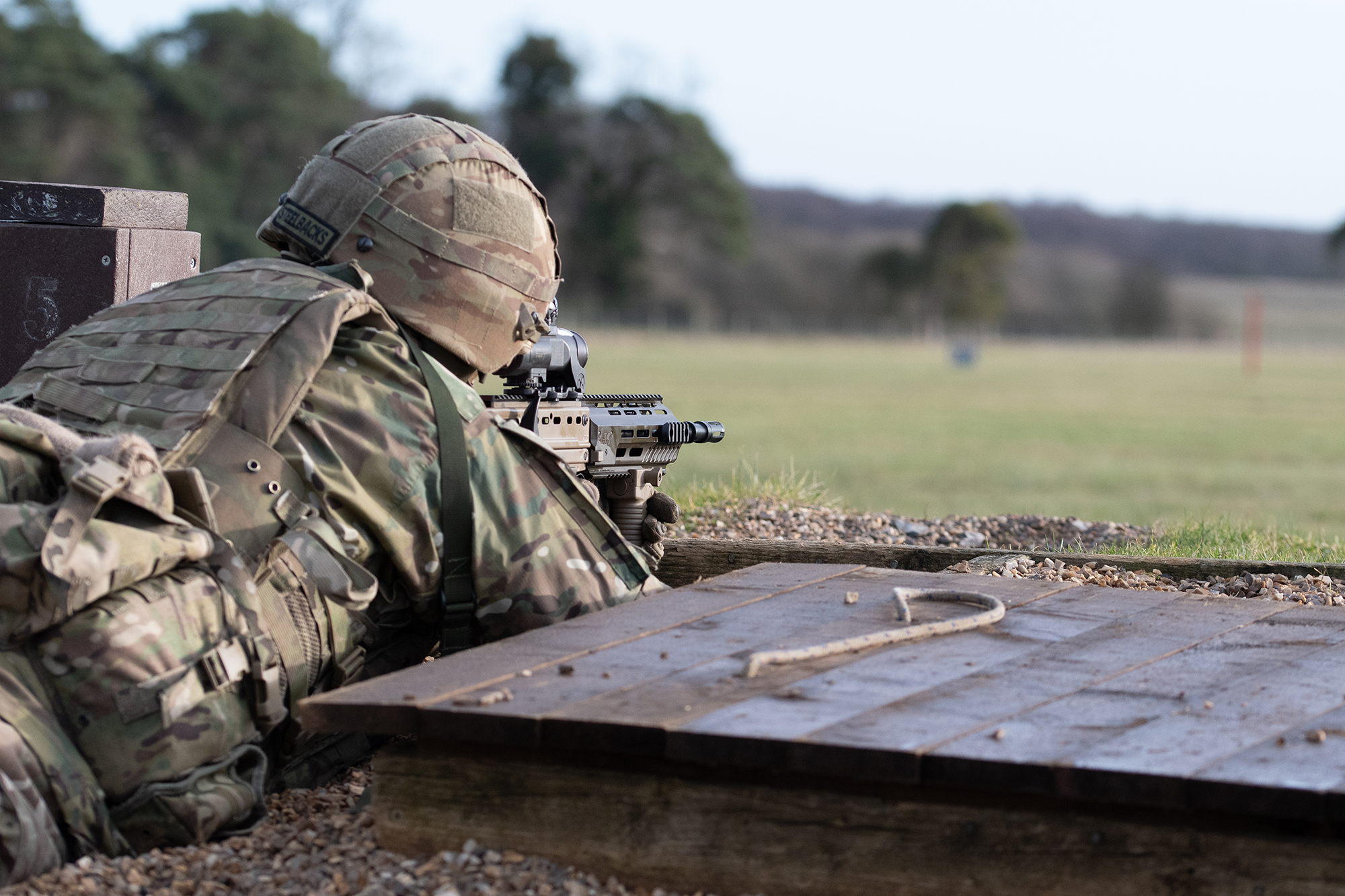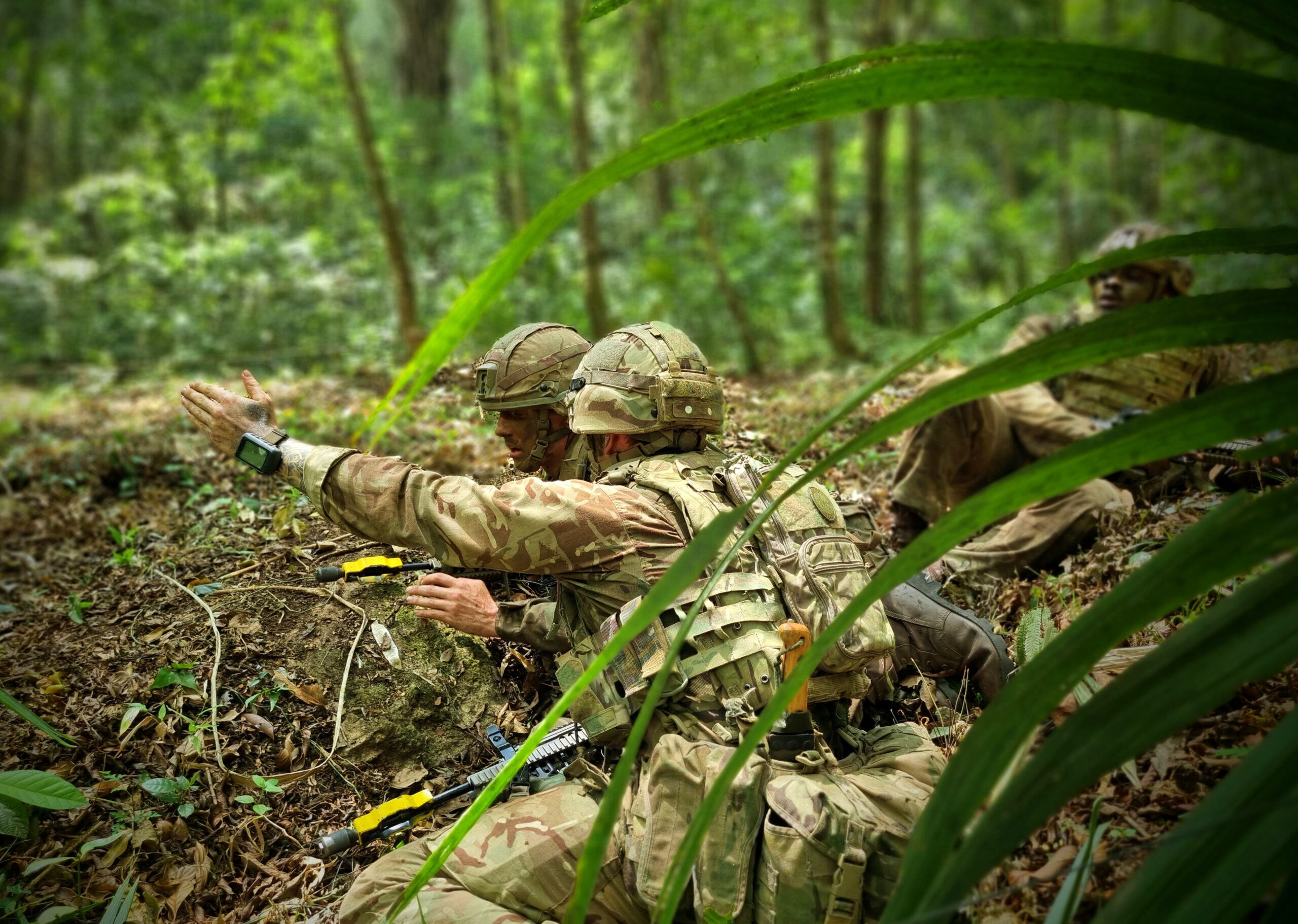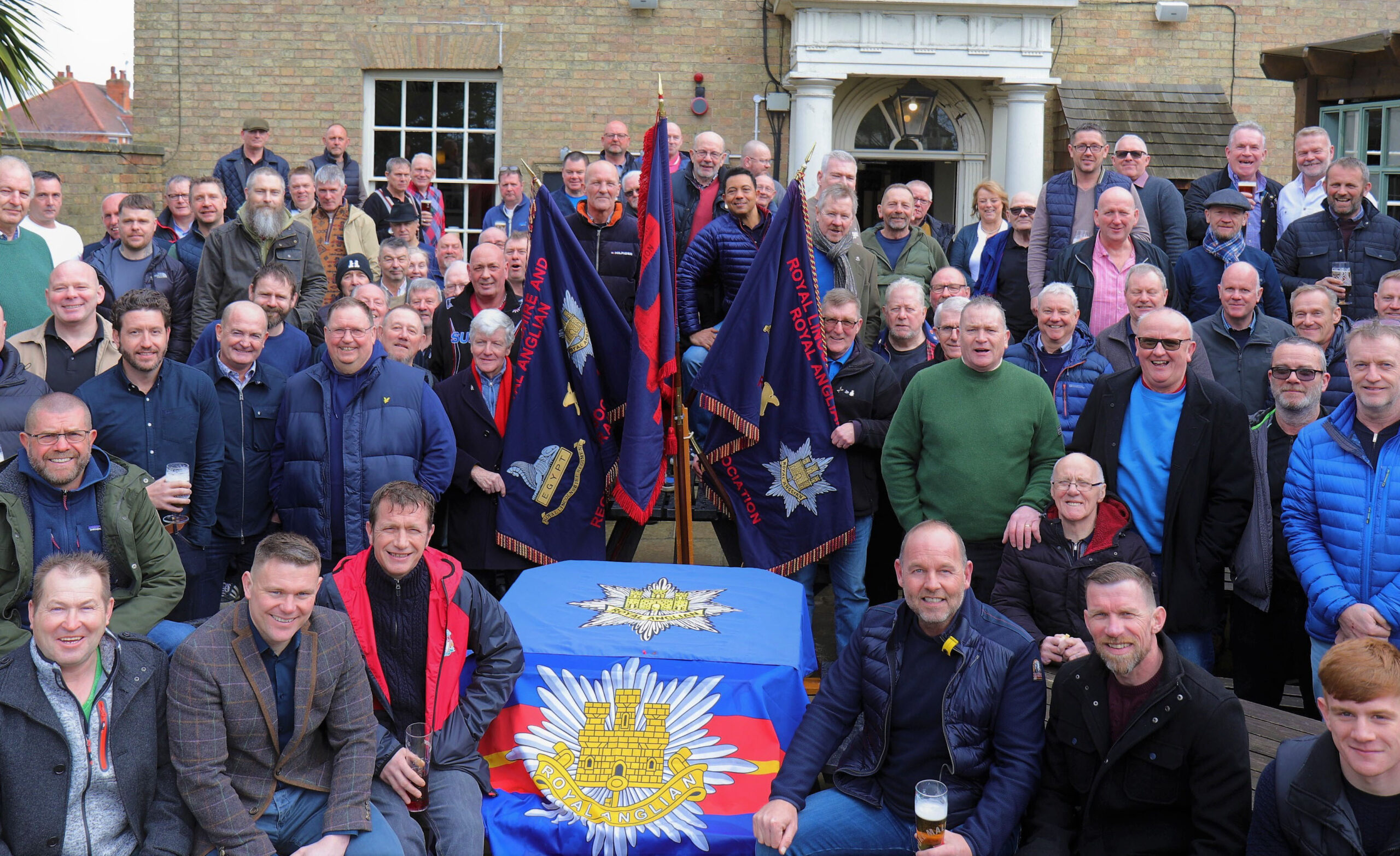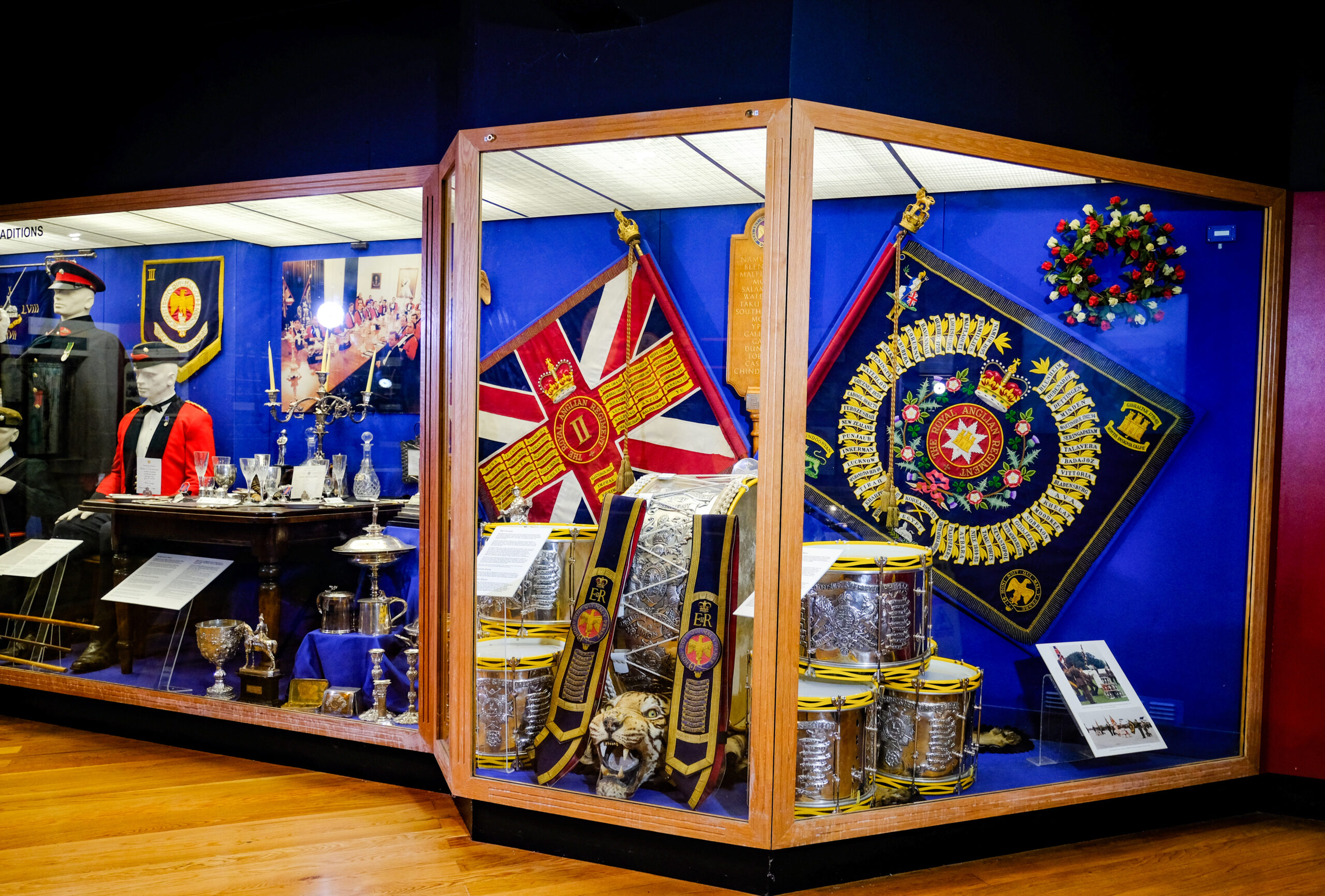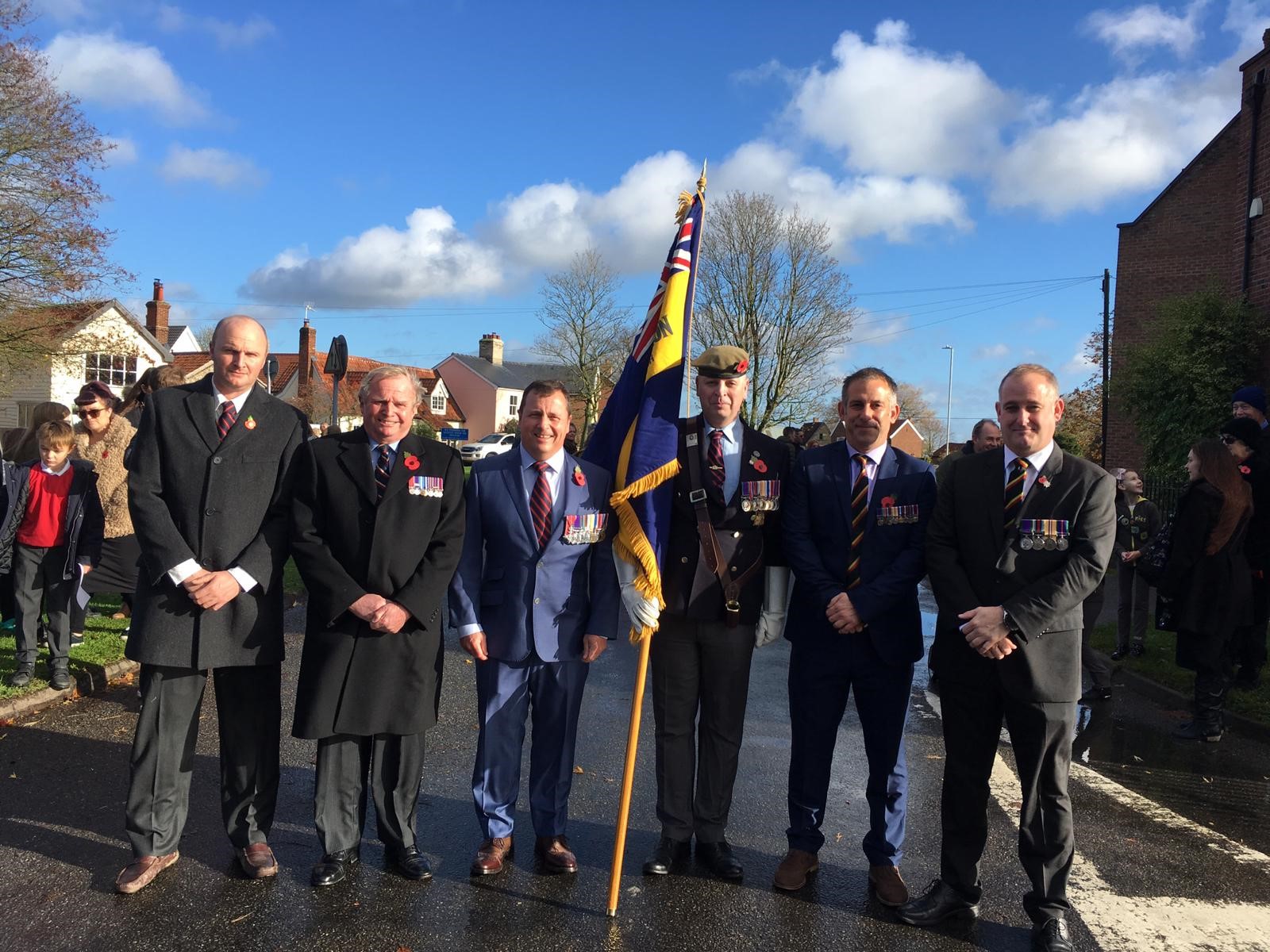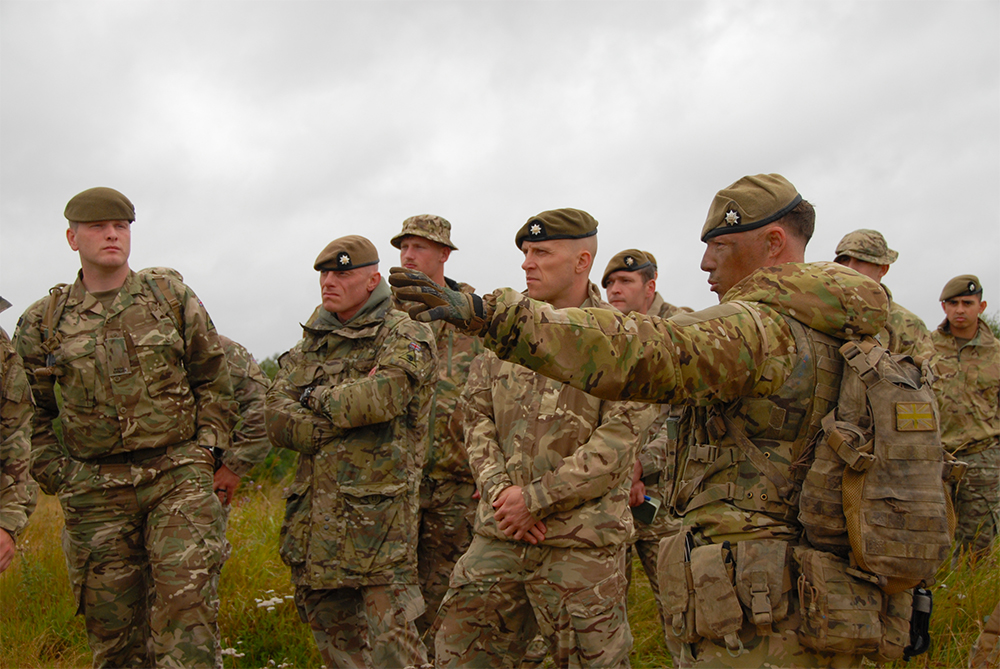
Obituary for Major NJ Miller
Maj Norman John Miller was born in Spalding, Lincolnshire on 22 August 1930 and grew up in a small farming community in the village of Market Deeping. He won a scholarship to Stamford School where he excelled. He was Captain of the cricket team and whilst playing for the rugby team suffered broken bones and other injuries. His contemporaries at that time were the author Colin Dexter, who wrote the Inspector Morse novels and the England Cricketer, Mike Smith. Throughout his life he remained fanatical about these sports and was never happier than when watching the Test Matches and the Rugby Union Six Nations Matches. Upon leaving Stamford, he entered the Royal Military College Sandhurst before being commissioned into The Royal Lincolnshire Regiment on 9 February 1951. His Army career, which spanned some 18 years (1951-1969) with The Royal Lincolnshire, The East Anglian and The Royal Anglian Regiments, took him to Germany (Goslau, Berlin and Osnabruck), Malaya, and closer to home, to Lincoln, Bury St Edmunds, the War Office and York. He loved the Army and its values – honour, courage and loyalty – infused every part of his life, so much so that he took them with him into civilian life when he left the Army in 1969.
In civilian life he forged a successful career as an Accounts Manager for a chain of hotels in Cheshire and his final job was as the Registrar at the Royal Welsh College of Horticulture in North Wales, finally retiring in 1995.
In 1952, he met Renee Beary and they were married on the 1st January 1955, celebrating their Golden Wedding in 2005. They had three daughters: Rosemary, Clare and Catherine who grew up in Chester where the family moved to in 1969.
They say ‘military habits never die hard’ as Norman never left the house without creases in his trousers so sharp that you could cut your fingers on them; and shoes so highly polished you could see your face in them. All you needed, he would say, was the right combination of spit, polish and elbow grease.
Norman had a fine sense of humour and was a gentleman in every sense of the word; he was generous with his time and his kindness was always very practical. He was also a strong principled man showing great courage in the face of terrible loss. His youngest daughter, Catherine died tragically in 2003 and Renee very suddenly in 2007.
In his last year Norman faced a series of illnesses with characteristic bravery and dignity. He died after complications following emergency surgery on the 5th August 2012 at the age of 82.
At his funeral, his niece spoke for many when she said: ‘Norman was just one of life’s honourable men, decent, wise, with the ability to smile and interpret life in a way that demystified it for the young. He quite simply was part of another age, an age we realise we shouldn’t have lost, not least for teaching honour and values. I’m just thankful that he was part of our lives’.
He is survived by Rosemary, Clare and their husbands, six grandchildren and two great-grandchildren.
CB


